Crack down on illegal medicinal plant trade
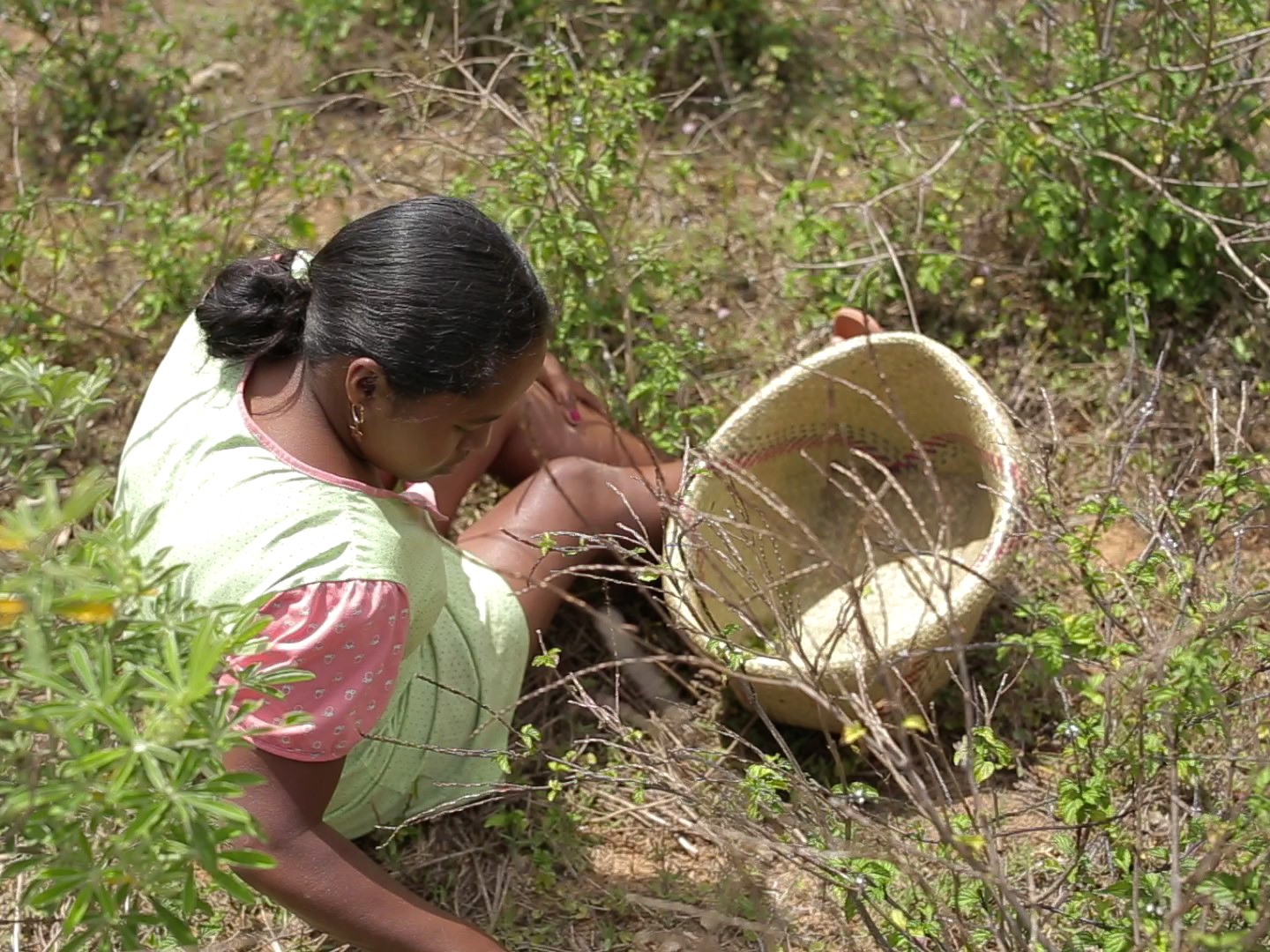
Local harvester collects Centella leaves in Moramanga. Credit - T. Razafimanantsoa, TRAFFIC.
Enhancing knowledge to tackle illegal trade of Madagascar’s medicinal plants
Madagascar’s wild plants are natural treasures. For generations, Malagasy communities have relied on the unique properties they offer not just to heal themselves and their families, but to provide for them too. The frontline suppliers of these essential resources to both domestic and international markets are the local harvesters – a community of workers dominated almost exclusively by women, and often, children. The revenue they generate, especially during Madagascar’s Lent (slow) season between October and March, is a lifeline for households across rural communities.
Narindra is one such harvester. She is 34 years old with 2 young daughters and collects Centella leaves – a medicinal ingredient prized by the international beauty and wellbeing industry – in the forests of Anjoro to support the education of her children.
Once the children are sent to school, she and her colleagues leave for the fields at 7 am before returning home at midday to prepare lunch for their families. Working constantly without a break, these harvesters earn just one to one and a half Euros a day for their labour while global beauty and pharmaceutical companies generate profits in the hundreds of millions for these essential ingredients.
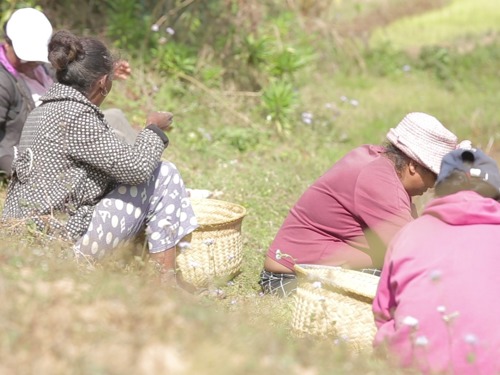
In addition to inequitable benefit sharing, less than 45% of trade in Madagascan medicinal plants is conducted legally, and local harvesters are already reporting a change in the abundance and quality of high-value species due to unsustainable pressure. Julie, a veteran harvester, told us that where once leaves were large and green, now many are small and yellow.
But despite these challenges, Madagascar, its people, and its landscapes face a unique opportunity.
TRAFFIC and its partners assessed Madagascar’s trade in wild plants to help implement fair, controlled, and sustainable management practices that would secure better livelihoods for the women who harvest these ingredients, development opportunities for their communities, and a long-term future for these irreplaceable plants.
According to Cynthia Ratsimbazafy, TRAFFIC’s Project Manager in Madagascar, “There is a win-win outcome available here, especially for Madagascar’s women, as long as authorities continue to move fast.”
Malagasy government departments and industry leaders have committed to addressing gaps in legislation, employment protections, resource assessments, and enforcement capacity regarding the trade in wild plants. Once fully implemented, Malagasy harvesters like Narindra and Julie, their families, and the communities in which they live will enjoy the full and fair rewards of Madagascar’s natural treasures.
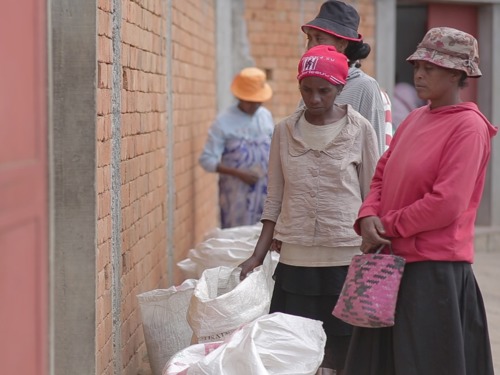
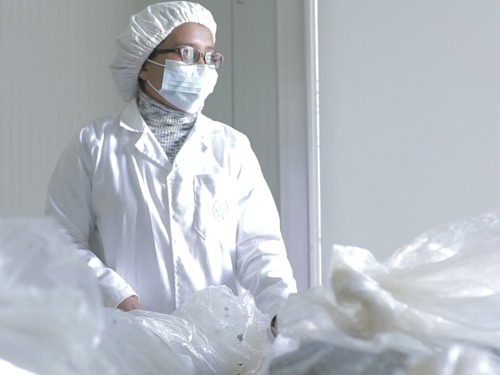
Written by Cynthia Ratsimbazafy. For more information on this Illegal Wildlife Trade Challenge Fund Evidence project IWTEV016, led by TRAFFIC, please click here.
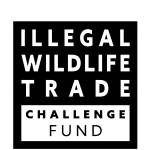
 Back
Back